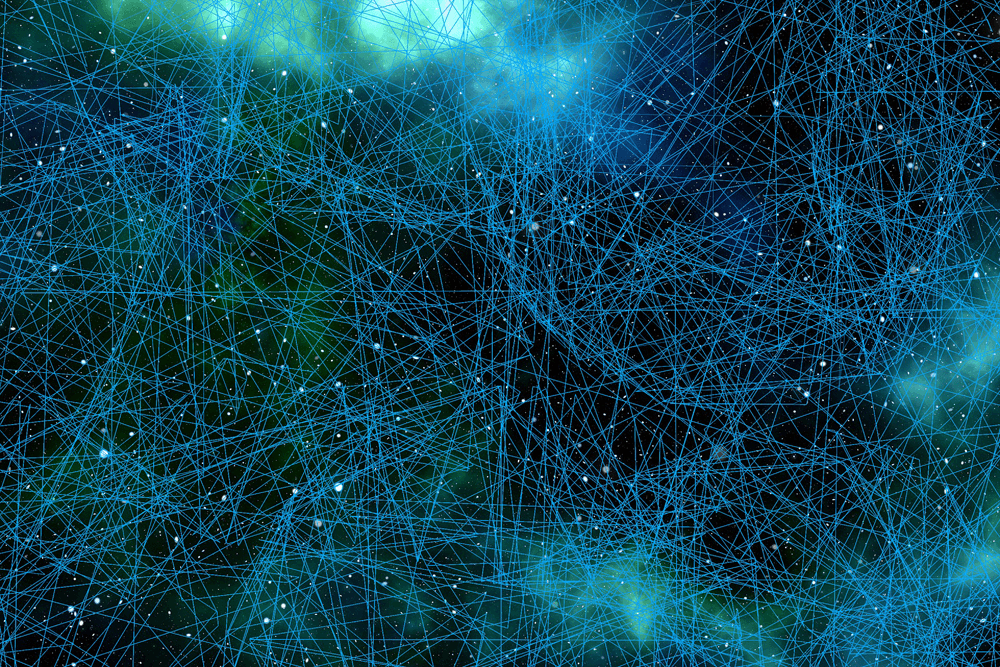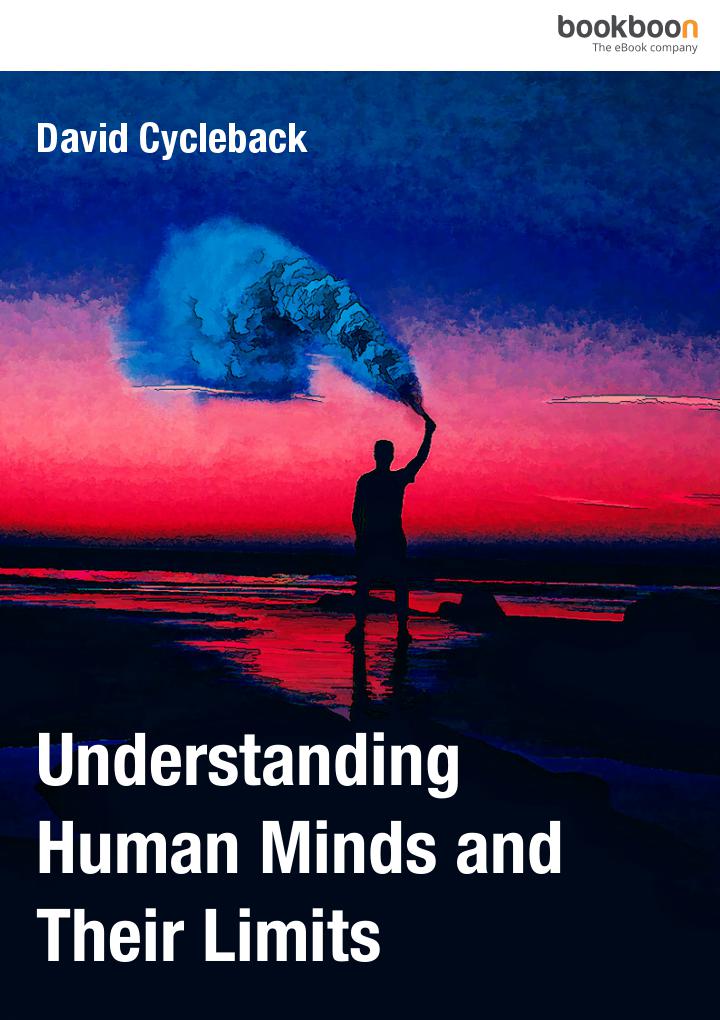The limits of the human mind: 4 fascinating examples

Even artificial intelligence scientists say the human mind is the most sophisticated entity they know of. However, the human mind is far from perfect and the following show just four of its limits.
1) What humans see is different than what they are looking at
Humans do not see a direct representation of external reality, but a translation formed by their eyes and mind. This is not some coffee house philosophical argument, but physiological fact. Human eyes and mind do a good but far from perfect job at detecting and processing light. When you are look at a bowl of apples or painting or mountain range, the image you see is not a direct representation of the objects, but a translation of limited sensory information made by your eyes and mind.
2) Many optical illusions are uncorrectable
Even after you learn that they are illusions and how they work, there are many visual illusions that still fool you. If you look at them the next day or two months later, they will still trick your eyes.
The mind contains compartments that perform specific tasks. For example, one compartment is used for comprehending spoken language, another for perceiving smell. Some of these compartments are isolated from other parts of the brain. These compartments sometimes are even isolated from conscious knowledge.
The perception of many visual illusions is made independent of your conscious knowledge. This explains why even your conscious knowledge that they are illusions does not solve your nonconscious misperception.
3) A human cannot determine the accuracy of its own mind
To humans, the reliability of the human mind cannot be known, because they use the human mind to test and judge the reliability. If your goal is to determine the accuracy of the human mind, that means you do not know the accuracy of the tool used for testing and judging (the human mind).
Your opinion about the reliability of the human mind involves a leap of faith. A common tendency is to overestimate the reliability. There are a number of reasons for this. One is that many cognitive errors and blind spots are unknown and not counted. Another is that a human’s belief system and worldview are premised on a reliable mind. If the mind’s reliability comes into question, so does the reliability of the belief system and worldview.
4) Human minds are not totally or even primarily about finding truth or factual accuracy
While identifying facts and making accurate perceptions are important parts of the human function and survival, the human mind is not entirely about this or perhaps even mostly about this.
To survive and function, the human must do other things such as act and guess in ambiguous and mysterious situations. Many of these things are not about identifying facts and assessing truth, but making speedy and practical decisions. In fact, humans are in part hard-wired to make speedy intuitive decisions in the face of lack of knowledge.
An example is avoiding instant danger, which is about how to react to the unknown and unknowable. If a mysterious large shape is moving quickly at you, taking the time to accurately identify the shape (‘gathering the facts’) is the opposite of what you need to do. Get out of the way right away, then you can worry about identification later. This is the natural and automatic subconscious self-preservation instinct of humans. This is just one example of how truth finding is not always the priority of the mind and, in fact, can get inhibit function.
Survival is commonly said to be about erring on the side of safety– as it takes only one time being hit by a speeding car or falling off a cliff to be dead– and the key word there being ‘erring.’ In this case, the mind is designed to err.
The human mind has limited capacity and capabilities and human function can be inhibited by too much information and even truths. If your task is to move across a room (or do any other mundane moment to moment task), trying to identify and learn the history and “truth” of everything and everyone in the room would lead to you dying of old age before you reach the other side.
